20 Cenobites Who Had Tragic Childhoods – 110822
This is a newsletter by Christian Sager that comes out every other Tuesday. In it I attempt to make sense of the sensory chaos I experience in the world. I try to sort that information along the model of Maslow's Hierarchy of Needs. This issue I write about caramel apples, sick dogs, public transportation, voting pamphlets, Twitter, Guillermo del Toro’s Cabinet of Curiosities, and my ideas for upcoming writing projects.
Physiological
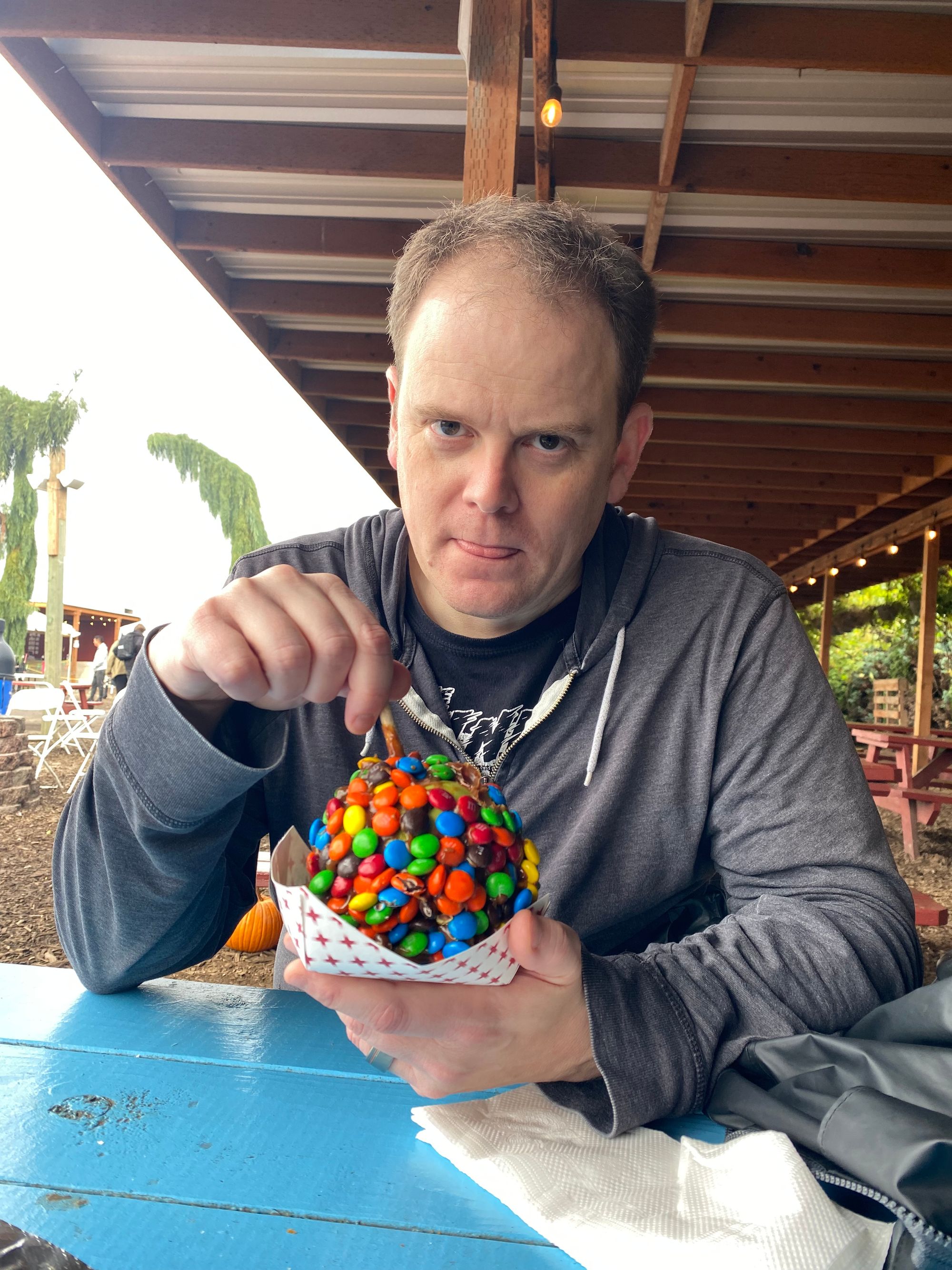
I have a sugar problem. So when I went to a corn maze/pumpkin patch the day before Halloween, I couldn’t resist when they sold caramel apples covered in M&Ms. I literally bit off more than I could chew. After over a week I’ve only been able to make a dent in 50% of this beast and the candy has long since outlasted the apple.
Security
Our home’s floors and furniture are covered in bloody goo right now. One of my dogs has been sick for going on a month. Something’s wrong with her right nostril and she’s constantly leaking mucus out of it. We’ve been to the vet twice and an internist twice, the last time for a rhinoscopy. This is when they anesthetized her and stuck a scope up her nose. Our internist — who very much resembles Bernie Sanders — didn’t find any foreign matter up there, but he described her nostril as inflamed, with a consistency of cheese in the affected region. We’re waiting on the results of a biopsy for proper treatment. In the meantime, her leaky mucus had extra blood added it to it as she recovered from the procedure.
Last week I took the train home instead of the bus. Sometimes this is faster, if I can make the right connection. However, Portland’s trains feel significantly less safe than their buses, probably because you can ride them without paying, so long as you get off before a conductor checks for tickets. It was a cold, rainy day and the train was full of agitated people.
A man in my train car had an incident, possibly alcohol or drug-related, that left him passed out on the floor with his pants off. Halfway home a security guard boarded and insisted that the pantsless man leave, or else the train would not proceed. The pantsless man could not physically lift himself off the floor and was incoherent. The guard refused to help him get to his feet, but promised him a cigarette if he’d leave. I wouldn’t be surprised if it were Tri-Met policy for their staff to avoid physical engagement if possible.
What followed was an assortment of odd characters, who mostly helped the pantsless guy off the floor. First, a one-legged person got out of their wheelchair and hopped over, dragging the man's discarded pants. Another dude followed; he had a BMX bike that lit up when he spun its wheels. Finally, a voice yelled from the other end of the train, "I've got Narcan!" This person charged forward, a machete strapped to his back, a dagger hanging from a rope around his throat.
Together they roused the pantsless man enough to drag him to his feet and escort him off, all while the guard stood back and watched. Next to me, another passenger trembled violently, experiencing some kind of panic attack. A father across from me watched a hip-hop video on his phone while his young children witnessed the incident. The experience was certainly anxiety producing, but what I'm left with is the sense that Portland's destitute don't get help from anyone except their own community.
When I boarded my connecting bus I picked up where I left off in Peter Straub's 1980 novel Floating Dragon. It's about a small town in Connecticut that slowly goes insane between the effects of an industrial chemical accident and a supernatural serial killer.
Here's what I read (edited for length):
Lyrics; phantasmal; such words mean only that there was a disorder in the very stuff of reality, and that this disorder affected people in various ways, some of them surprisingly pleasant. Reality was on a bender… metaphorically, most other people in Hampstead had their eyes sewn shut, and the peculiar visions that danced across the inside of their eyelids sometimes delighted or lulled them, as absurdities can delight or calm a drunken man… But people in Hampstead did not have his foresight, they had no idea that they were crossing a border: what they, including our four friends, mostly knew was that it was becoming more and more difficult to separate what was actually happening in the world from what was going on in the mind.

The day you receive this newsletter the United States midterm elections will be underway. Outside of the national fight for reproductive rights, here in Oregon we have several contentious races, especially for governor, city council, and a Portland measure to reform our entire system of government.
One of the things I love about living in the Pacific Northwest is that each voter is mailed a paper pamphlet about voting in their area. This is in addition to your ballot and contains instructions for voting, along with a detailed entry on every candidate and measure you’ll find on your ballot. This isn’t just the big name politicians from the two major parties; it includes every citizen who registers to run for office. I find the way some of them choose to represent themselves to their potential constituents to be rather amusing. Here's a few:
- There’s a guy running for city councilor whose first endorsement is the owner of his local teriyaki restaurant.
- Another candidate, this time for state senate, claims she can restore affordability in Oregon because she co-ran a gift shop.
- She’s joined by a guy who states an oxymoron — that we’re “legalizing lawlessness” — before he goes on to type: For union with justice and freedom invalidates surrender of Christ-redeemed conscience and delegated authority for totalitarian seizure. Yikes.
- One candidate insists on capitalizing the word “police” as if it were a proper noun.
- Another counts his performance in a nativity play as community service.
Belonging

I’ve been using Twitter for close to fifteen years. The best time I had using the platform was probably between 2008 and 2012, when I met a lot of my friends and creative collaborators. Many of these people participated in a series of weekly art events, where we’d draw images to match alphabetically ordered themes. We did monsters, books, robots, musicians, etc. Compared to these folks, I’m not a particularly good illustrator (some of my drawings are above and below). But they accepted my participation just the same, encouraged me, and we all bonded over our experience. I think fondly of this time and these people, but many of them are gone from the platform now.
I’ve also used Twitter to raise funds for my various publishing projects. Without it, I probably wouldn’t have been able to put out books like The Cabinet, Think of the Children, or Corridor.
Despite this, I’m keenly aware of two things. First, I haven’t had a sustainable, ongoing, positive experience on Twitter in close to a decade. Second, I’m still addicted to it.
With Elon Musk’s purchase of the platform I saw a growing number of people I follow express their discontent. Generally, they recognize that Twitter is already a toxic environment. For several, Musk’s fiasco could be the last straw that finally gets them to break away from their abusive relationship with the platform. I’ve seen others however, who muse that no matter how bad it gets they feel like they can’t leave. Usually this is because their career depends on it; selling art or writing by promoting their personality.
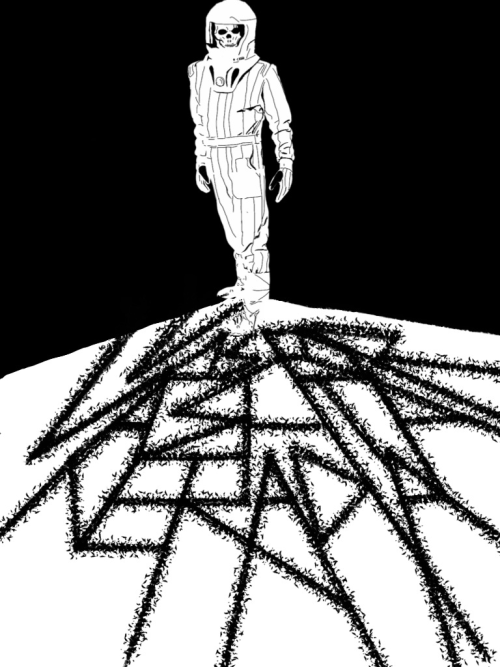
Good communication plans usually require a couple of important things: stated goals, consideration of your audience, research into platforms/channels and their best practices, and a periodic analysis of how well all of this is working for you. That’s an oversimplification, but this is the model I use with all my clients as a communications strategist.
Curiously, I don’t apply these considerations to my personal social media usage. I doubt many of us do. Musk already had me on the fence, but his insinuation this week that the attack on Paul Pelosi was actually a conspiracy theory was enough to get me to the other side. Twitter doesn’t accomplish my personal or business goals. Most of my audience aren’t on there. The platform has become akin to the second-level of Hell. My analysis is that it is time to move on.
One of the reasons I started up this newsletter again was my dissatisfaction with Facebook, Instagram and Twitter as platforms to communicate with you on. The interactions I’m having with you here are far more rewarding than anything those platforms have produced in years.
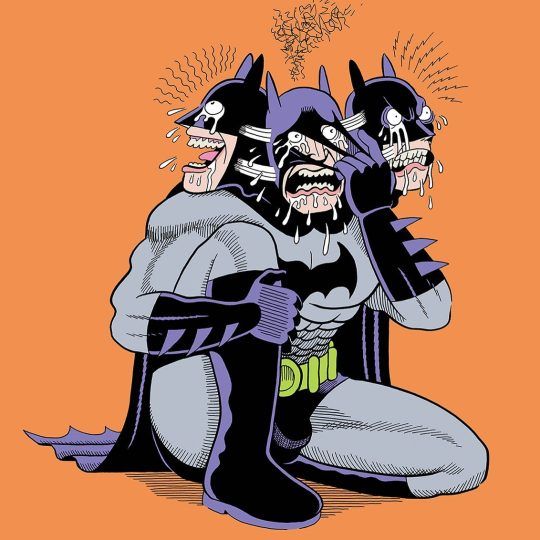
The last few weeks have been full of wonderfully weird Pacific Northwest arts events. On the Saturday before Halloween we visited Lloyd Center for the Grass Hut Art Show and a book signing for Josh Simmon’s and Patrick Keck’s Dream of the Bat.
The former had about 25 comix, zines and toy vendors huddled in an abandoned storefront at the mall.
The latter featured some of the most disturbing Batman satire you’ll ever find, including a running video of the creators in dayglo bat costumes, dancing for their money. Simmons’ work is not for the feint-of-heart; there’s imagery in there that even turned my stomach a little. But that’s what I enjoy about his comics. They push boundaries and present me with things I’ve never seen or thought of before. While sometimes disgusting, they always give my mind something to chew on.
This weekend I jumped on the train to Seattle for a day to check out the Short Run Comix and Arts Festival’s 10th anniversary. I’ve never been before, but it was nice to see all that energy together in one room. In a lot of ways it reminded me of the Small Press Expo in Bethesda, Maryland. I grabbed a couple of books:
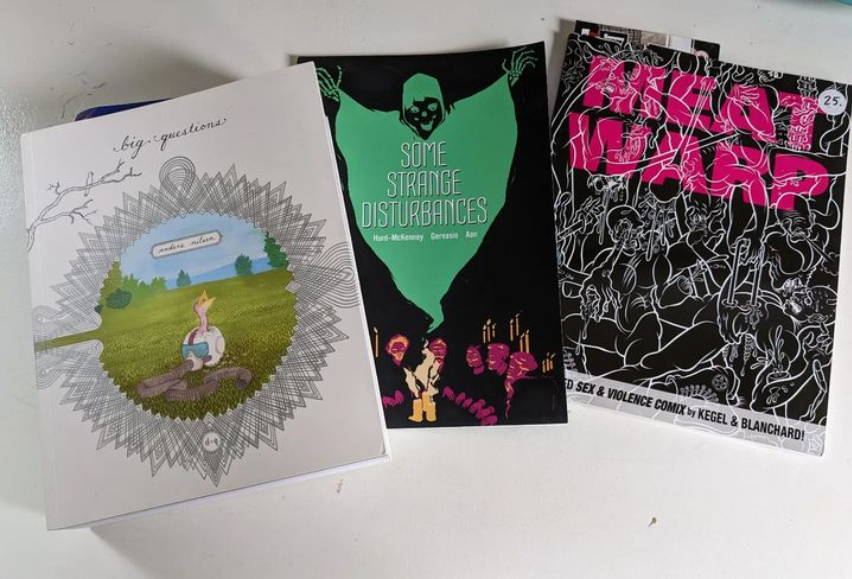
Esteem
This week's newsletter subject line popped in my head scrolling through YouTube earlier this week and misreading a video headline. I don't know what it means, but it made me think of the redesigned Chatterer for the most recent Hellraiser film.
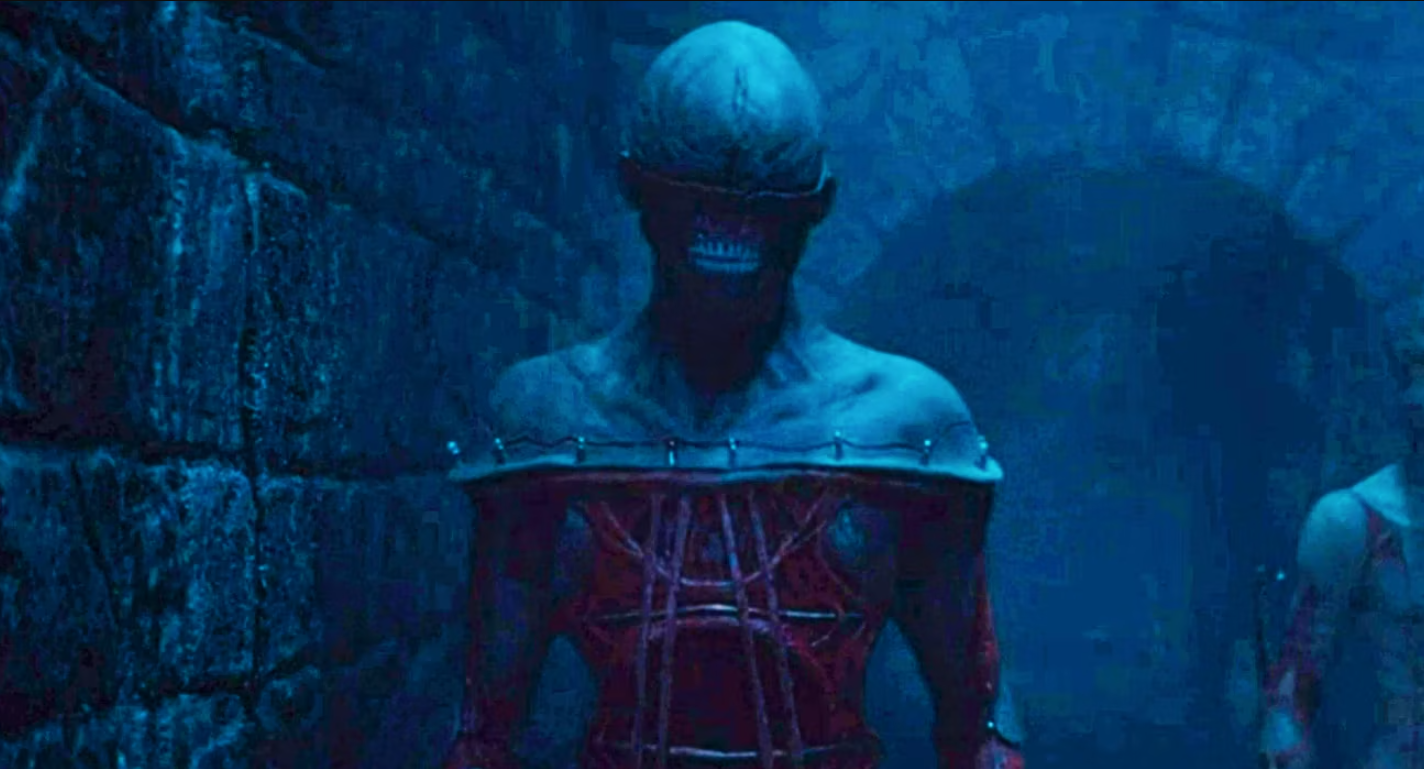
Self Fulfillment
Guillermo del Toro’s Cabinet of Curiosities anthology series may have been uneven, but it’s the closest thing I’ve seen on screen to what we tried to do with Corridor. In particular, I was thrilled with the adaptation of Michael Shea’s “The Autopsy,” one of my all time favorite short stories. And Panos Cosmatos’ “The Viewing” was jaw-dropping, fun, weird horror cooked up just the way I like it. Peter Weller’s performance alone is worth the price of admission. I can’t say enough good things about it and hope we get more from him in the near future.
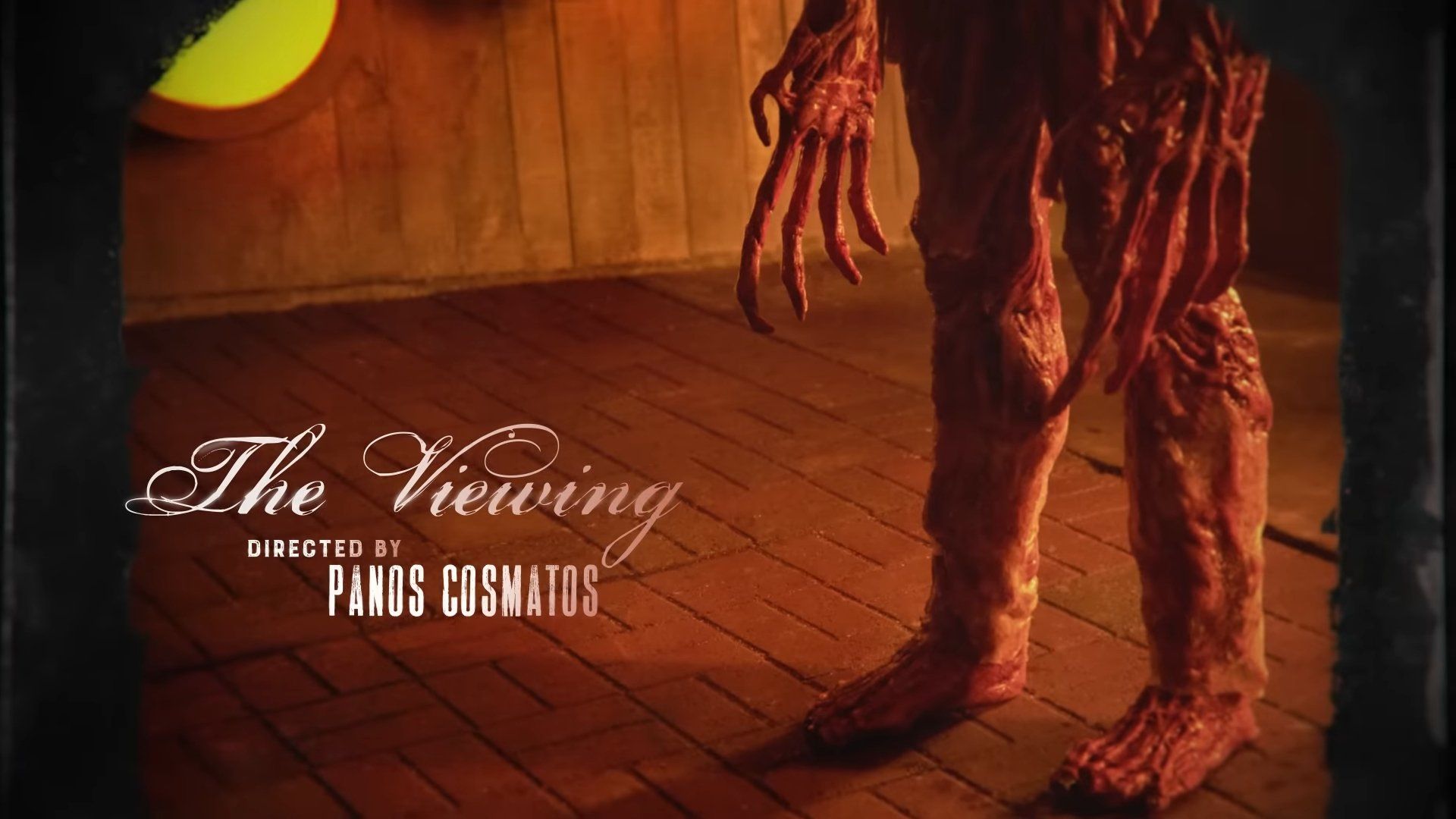
I’m learning to accept that I’ll never have the time to tell all the stories I want. Every time something loose pops in my head I try to record it, usually in a Google Doc with a simple date and paragraph, explaining the idea to my future self. There’s probably over a hundred entries in there, not counting all the scattered notebooks I have in my office files.
For long term, more fleshed out projects I have a project management document to track each one’s status, genre, medium and collaborators. There are 18 projects currently, in various stages of production. This includes short stories I’ve submitted to journals, the sci-fi horror novella I’m currently scripting, and several long term ideas I’ve fleshed out enough to begin honest production.
One of these is a near-future political commentary, influenced by V for Vendetta, The Prisoner, Prez, Bruce Sterling, and Transmetropolitan. It could be a comic or maybe a fiction podcast, with themes about the history of the comics industry. It's been on the backburner for 4 years.
Another is probably a novel, about Portland during 2020 and a couple of kids who try to solve a supernatural murder mystery while surviving the pandemic, wildfires, protests and economic collapse. I’m struck by how infrequent our storytelling represents what happened that year; perhaps this will be an opportunity to confront my conflicted thoughts about it. I started working on it in 2020 and continue to take notes for it.
There’s another big one on the list, one that I’ve actually scripted significant portions of for the comics medium. It’s a serial killer thriller in a fantasy setting that’s been pitched several times with multiple different artists attached to it. But after 6 years it can’t quite get off the ground. I’ve got a fond place for the characters in it, so if it’s too difficult to bring to comics visually I may just reformat the whole thing as a novel.
I could write everyday from sunup to sundown and I would never get down all these ideas I have. Having to spend 8 hours each weekday on a day job makes it significantly less likely I’ll get through all of them. And there’s always more ideas coming!
I dream of having the time and independence to devote to my writing fully. When I was growing up there were many examples of full-time writers, paying their bills while telling their stories. But the days of Bradbury, Didion, Dick, King, Moore, and Vonnegut are gone. That boom is over. Even some of the most successful storytellers in today’s market are barely scraping by, with a freelance job or two ready for when things get tight. So the best I hope for is an hour or so a day, at least until I reach retirement.
Resilient Gratitude
- Bivalent booster shots
- Multnomah County Elections Office
- George Carlin

